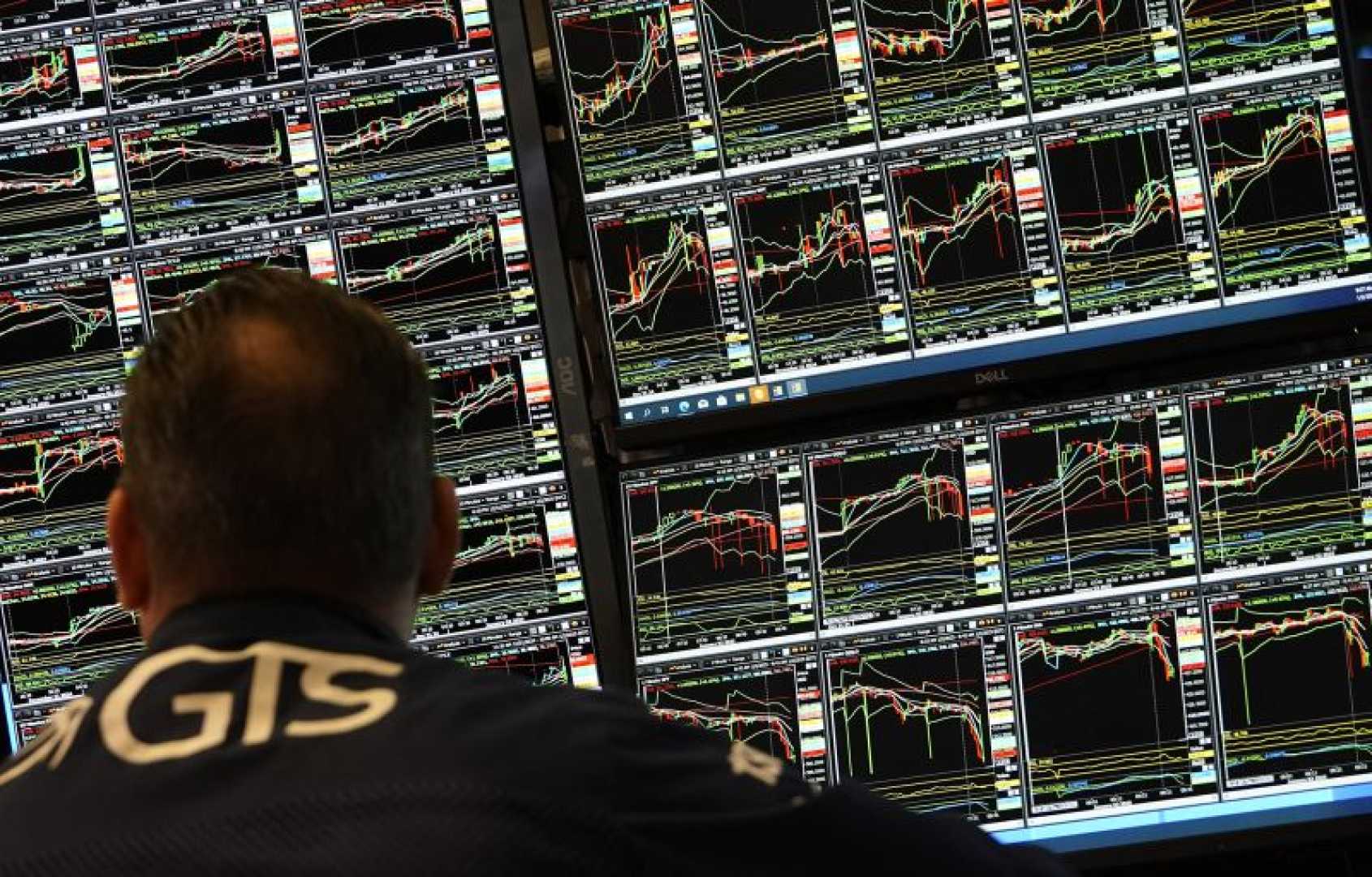Business
Wall Street Reacts to Strong Jobs Report with Sharp Stock Declines

Wall Street experienced a sharp downturn on Friday following a stronger-than-expected U.S. jobs report, which raised concerns about the Federal Reserve‘s interest rate policies. The Dow Jones Industrial Average fell 1.3%, or about 560 points, by mid-morning, while the S&P 500 dropped 1.5% and the Nasdaq declined 2%.
The U.S. added 256,000 jobs in December, significantly higher than the 156,000 forecasted by economists, and the unemployment rate dipped to 4.1%. Despite the positive economic indicators, the robust job growth has led to fears that the Federal Reserve may delay or reduce planned interest rate cuts, which are seen as necessary to sustain economic growth amidst lingering inflation concerns.
Eric Merlis, co-head of global markets at Citizens Financial Group, noted in emailed comments that the strong jobs report “could signal to the Fed that there is no immediate urgency to decrease rates further or faster.” This sentiment was echoed across the market, with yields for the 10-year U.S. Treasury note rising to nearly 4.8%, the highest since November 2023.
The market’s reaction underscores a broader anxiety about the balance between economic growth and inflation control. Gina Bolvin, president of Bolvin Wealth Management Group, warned that “investors may want to brace themselves for more volatility as the market recalibrates expectations for fewer cuts.”
This scenario is not new; similar patterns were observed throughout 2022 and 2023 as investors sought weaker job market data to justify a pivot from the Fed’s aggressive rate hikes. The Fed did pivot in September, cutting rates for the first time since 2020, but has since signaled that further cuts may be limited.
As the market adjusts to these developments, all eyes will be on the upcoming consumer price index (CPI) data, due on January 15, which could further influence the Federal Reserve’s policy decisions and market trajectories.












